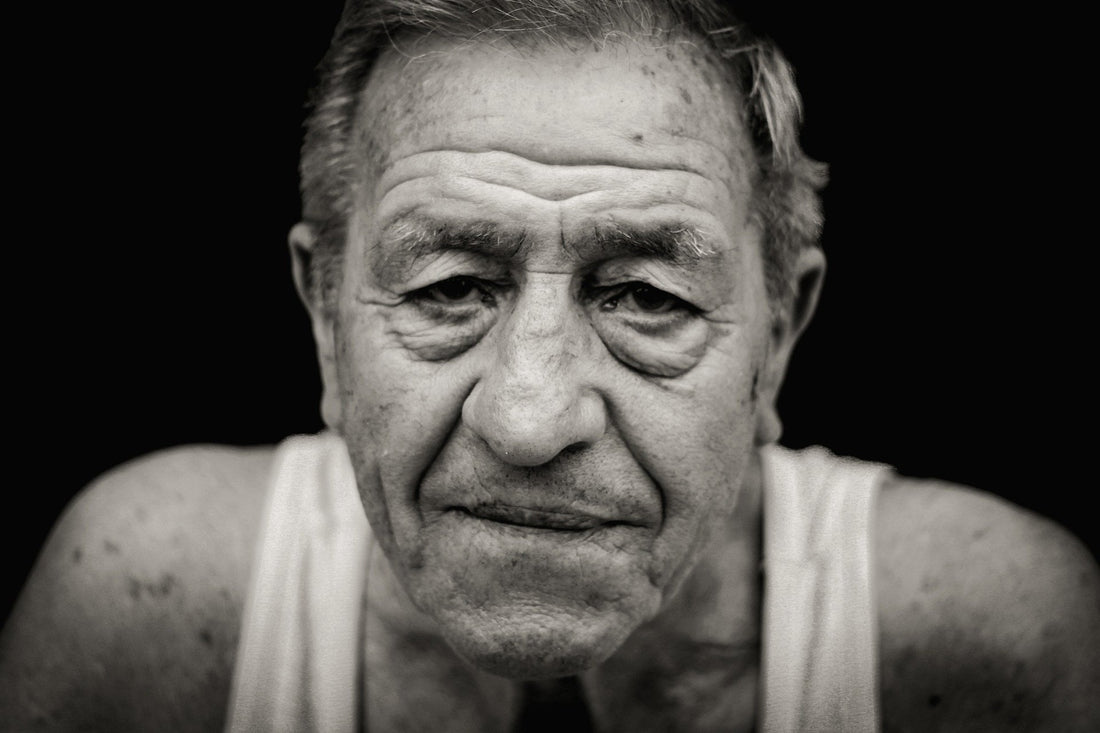
What Are Free Radicals?
Usually when people ask me how I make my soap, my first response is "Very Carefully!" The truth of this process is actually quite simple, it's a lot of chemistry, a lot of formulas, a lot of trial and error, and a lot of practice. Why am I talking about chemistry? Simple, free radicals are all about chemistry too!

Let's put this in simpler terms: a free radical is an atom (or group of atoms) that has an unpaired electron and is therefore unstable and highly reactive. To fully understand what this means, you must have a basic knowledge of chemistry. High school chemistry (Ugh!) taught us that our bodies are all composed of a myriad of different cells, each consisting of multiple atoms and/or elements which are joined by chemical bonds. Each atom consists of a nucleus, neutrons, protons and electrons, protons being positive, electrons being negative. The number of protons in the atom's nucleus directly determines how many electrons surround the atom. The electrons are the part we are focused on. Electrons are responsible for bonding one atom to another to create molecules. Electrons orbit an atom in "shells". Each shell can hold a certain number of electrons before it is considered full and the next shell begins to fill. The first shell holds 2 electrons, the second holds eight, and so on.
It is the number of electrons in an atom's outermost shell that determines its chemical behavior. Atoms by nature want to be stable, meaning the outermost shell must be full. Stability is achieved by either filling or emptying the outer shell, or by sharing electrons with other atoms through chemical bonds.
How does this all come in to play with free radicals? When a weak bond splits, free radicals are formed. As previously stated, free radicals are unstable, thus causing them to react with other atoms and compounds in an effort to gain the missing electron, and in turn, their stability. This is a problem because free radicals usually will react with the nearest stable molecule, essentially high-jacking its electron. Now the once stable molecule is a free radical, and so the cycle continues, eventually causing cellular death.
Phew! Chem 101, A++

Some free radicals happen normally in the human body. Such occurrences include during metabolism, or when your immune system is fighting off bacteria or a virus. Free radicals that were not meant to exist, such as those created by cigarettes, herbicides, pollution, and more are harmful to the human body in many ways because they can be so destructive. Damage occurs in the body when free radicals become excessive in number or when antioxidants are unavailable to neutralize the atoms.
Free radical damage has been linked to a number of things such as:
- Skin aging
- Sunburn
- Cataract Development
- Cancer
- Heart Disease
- Senility
- Osteoporosis
- Emphysema
- Arthritis
- Ulcers
Antioxidants such as vitamin C, vitamin E, and even caffeine are beneficial in stopping the negative impact of free radicals. This happens because antioxidants are capable of "donating" an extra electron to the free radical, stopping the chain reaction of cellular guerrilla warfare.
Moral of my story? Avoid things that cause free radicals, and stock pile those antioxidants.
Updated 12/18/19
